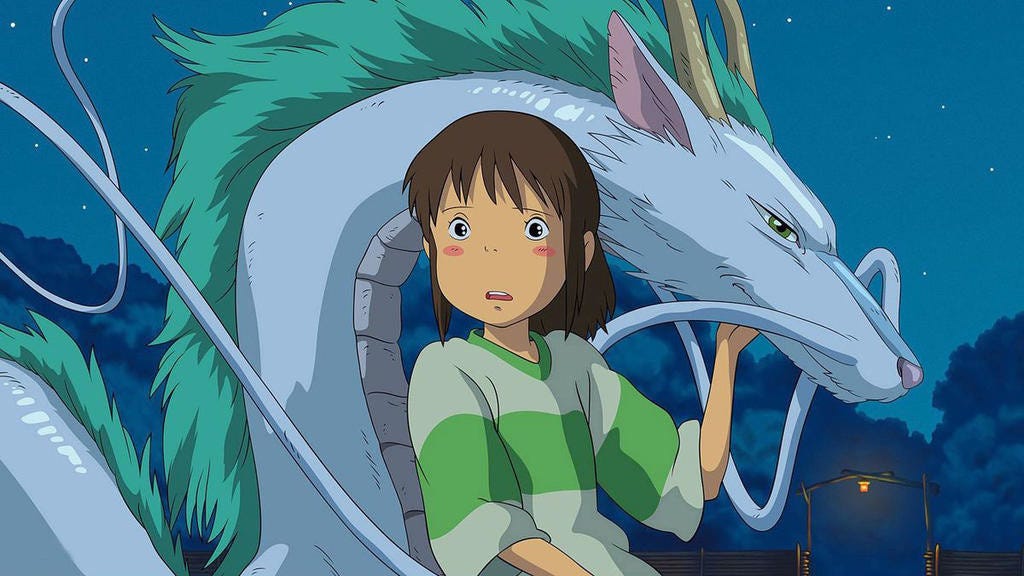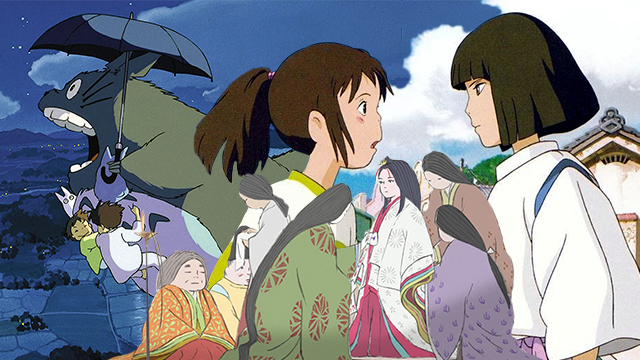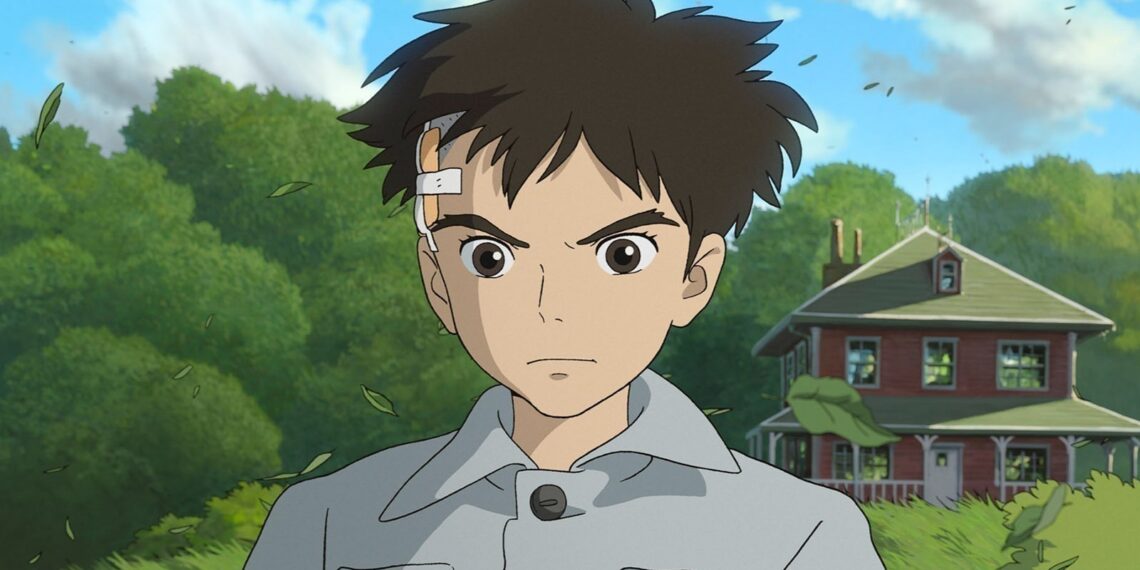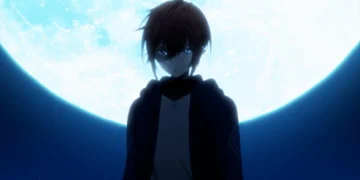As AI art tools continue to evolve, their ability to mimic beloved animation styles has sparked global debates—and Japan is no exception. Studio Ghibli, revered for its hand-crafted storytelling and distinct visuals, has unexpectedly become a focal point in a new legal and ethical debate about AI-generated artwork. In a cabinet session of Japan’s House of Representatives, Representative Masato Imai directly questioned if AI art emulating Ghibli’s style crosses the line into infringement.
During his exchange with Hirohiko Nakahara, Director for Education, Culture, Sports, Science, and Technology, the response was nuanced. While stylistic inspiration is not illegal, if AI-generated art is perceived as being an actual Ghibli product, it could be ruled a violation of copyright. This subtle distinction highlights the complex, case-by-case nature of digital copyright law, especially when it involves machine learning and intellectual property.
Government Interest Signals Growing Concern

The hearing itself doesn’t introduce legislation, but Imai’s inquiry reflects how seriously lawmakers are starting to take AI’s role in art production. Nakahara noted that it’s ultimately up to the courts to decide on legality, especially when works resemble or depend heavily on existing copyrighted content. His stance suggests that Japan’s current laws may struggle to adapt quickly to AI-generated media trends.
This cautious approach is not surprising. While Japan has been slow to regulate AI specifically, increasing global scrutiny—especially from creators and legal scholars—may push future reforms. For now, though, Nakahara implies that the best chance of legal recourse would come directly from affected studios like Ghibli, not broad national regulation.
Ghibli’s Role May Be Pivotal in Future Action

So far, Studio Ghibli has refrained from formally addressing the rising trend of AI-generated art in their style, aside from debunking a viral fake lawsuit warning. However, legendary director Hayao Miyazaki has long voiced disdain for artificial creativity. In one widely shared NHK documentary clip, Miyazaki even described AI-generated art as “an insult to life itself.”
If Nakahara is correct, the legal pressure may now shift to Studio Ghibli itself. Without a direct challenge or lawsuit from the studio, AI platforms are unlikely to pull back from offering Ghibli-style presets. And if Ghibli does move forward, it could set a precedent that impacts the wider anime and entertainment industries.
Also Read: 7 Most Underrated Anime You Probably Missed














